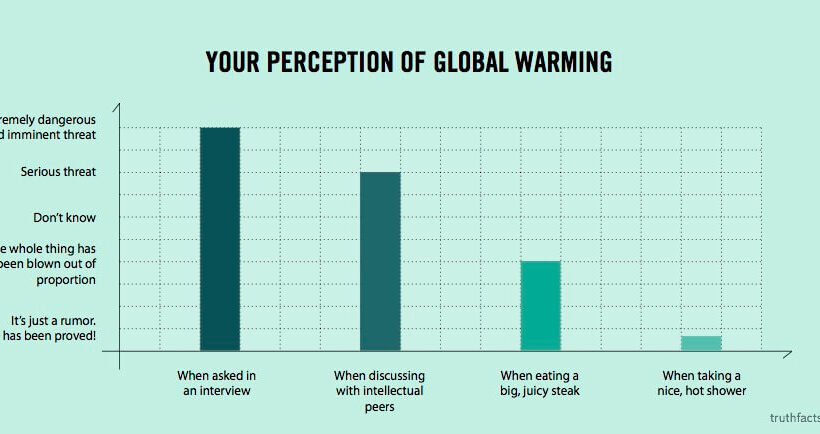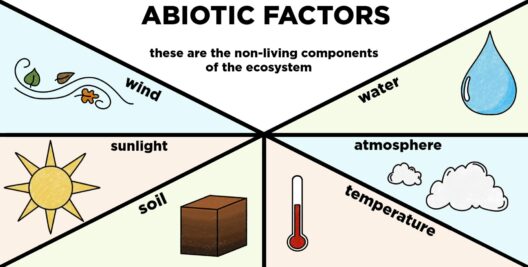Global warming has emerged as one of the most pressing issues of our time, provoking a wide spectrum of emotions across diverse audiences. The perception of global warming is not merely a matter of scientific fact but is significantly influenced by social, cultural, and psychological factors. To comprehend how individuals and communities feel about global warming, it is essential to explore the kaleidoscopic views that shape this discourse.
Firstly, it is imperative to recognize the myriad ways in which people perceive climate change. For some, the term evokes a sense of urgency and impending doom. This cohort is often driven by scientific evidence and reports that elucidate the drastic effects of rising temperatures, such as intensified natural disasters, sea-level rise, and biodiversity loss. Frustration mounts as these individuals contend with political inertia and, at times, denialism that seems impervious to the weight of empirical data.
Conversely, there are those who adopt a more skeptical stance, questioning the validity or significance of climate change. This group often comprises individuals who may feel detached from the scientific jargon that permeates climate discourse. Their skepticism can stem from a variety of sources, including political affiliations, economic interests, or simply a disconnect from the tangible impacts of climate change in their daily lives. The belief that climate change is exaggerated or manipulated for political and financial gain is common among this demographic, complicating public dialogue on the subject.
Furthermore, psychological factors come into play in shaping perceptions of climate change. Cognitive dissonance, the mental conflict that arises when faced with contradictory information, can lead people to downplay the significance of global warming, especially if acknowledging it threatens their worldview or personal beliefs. Coping mechanisms, such as denial or rationalization, can further cloud understanding and engagement with the crisis.
Social identity also plays a crucial role in how individuals respond to climate change narratives. People often align their beliefs about global warming with those of their social or political groups. In doing so, they find comfort in collective understanding but may also perpetuate misinformation. Echo chambers, particularly fostered by social media, can fortify foregone conclusions, leading to polarized views where dialogue is supplanted by division.
Economic implications entwine with public perception of global warming as well. Many individuals fear the economic ramifications of addressing climate change. Concerns about job losses in traditional industries, such as fossil fuels, or the costs associated with transitioning to alternative energy sources can be daunting. This anxiety complicates discussions surrounding climate policy and hinders support for necessary changes.
However, not all responses to global warming are characterized by skepticism or disengagement. There exists a growing contingent of individuals who express profound concern and an urgent call to action. The rise in youth activism exemplifies this shift. Young people, armed with knowledge and driven by a perilous understanding of their future, have mobilized globally, demanding accountability from leaders and policymakers. Their movements, amplified by social media, have succeeded in bringing climate change to the forefront of public discourse, fostering a sense of agency among the younger generation.
Moreover, as communities begin to experience firsthand the veritable impacts of climate change—floods inundating towns, wildfires ravaging forests, and hurricanes becoming more potent—emotional responses are evolving. Desperate calls for resilience blend with a determination to adapt, fostering a collective will to confront these challenges. This paradigm shift in perspective is crucial; it compels a reevaluation of previously held beliefs and notions about humanity’s relationship with the environment.
The intersection of education and communication is paramount in shaping public perception. Comprehensive educational programs that elucidate the science behind climate change, its trajectory, and potential solutions have become invaluable. Clear and effective messaging can dispel misconceptions, fostering an informed citizenry prepared to advocate for sustainable practices and policies. Drawing on relatable experiences, rather than abstract statistics, can create emotional connections; stories of areas directly affected by climate disasters have the potential to shift hearts and minds.
Interpersonal and community dialogues about climate change are also integral. By fostering environments where open discussions can flourish, individuals may feel more willing to explore their perceptions and even shift their views. Engaging with local entities on climate action initiatives cultivates communal ties, drawing focus to shared values and objectives rather than differences. Such endeavors can harness collective power, fostering a sense of responsibility and agency that transcends individual skepticism.
Community-driven projects aimed at sustainability, conservation, or resource management not only address environmental concerns but also foster a sense of purpose among participants. Research indicates that when people engage in environmentally friendly practices, their perceptions of climate change become more aligned with the urgency of the situation. Initiatives like local tree-planting events or clean-up drives create tangible connections between action and impact, subtly altering how people perceive their role in combating global warming.
In conclusion, understanding public perception of global warming is complex and multifaceted, laden with emotions, beliefs, and socio-economic implications. While skepticism and disengagement persist in certain segments of the population, there is a palpable shift towards increased awareness and activism. By fostering informed dialogues, bolstering educational efforts, and galvanizing community initiatives, society can redirect the narrative surrounding global warming from apathy to action. Capturing this moment of urgency hinges on transforming perceptions into a clarion call for progress, urging every individual to engage in the monumental task of safeguarding our planet.







